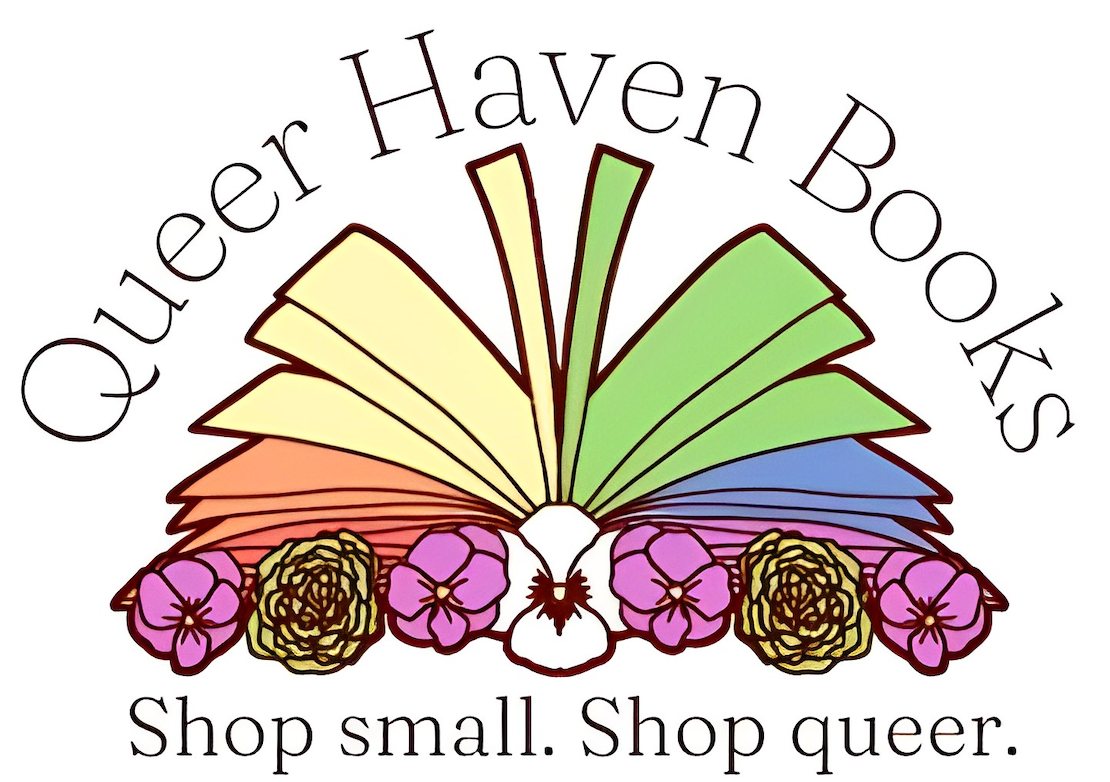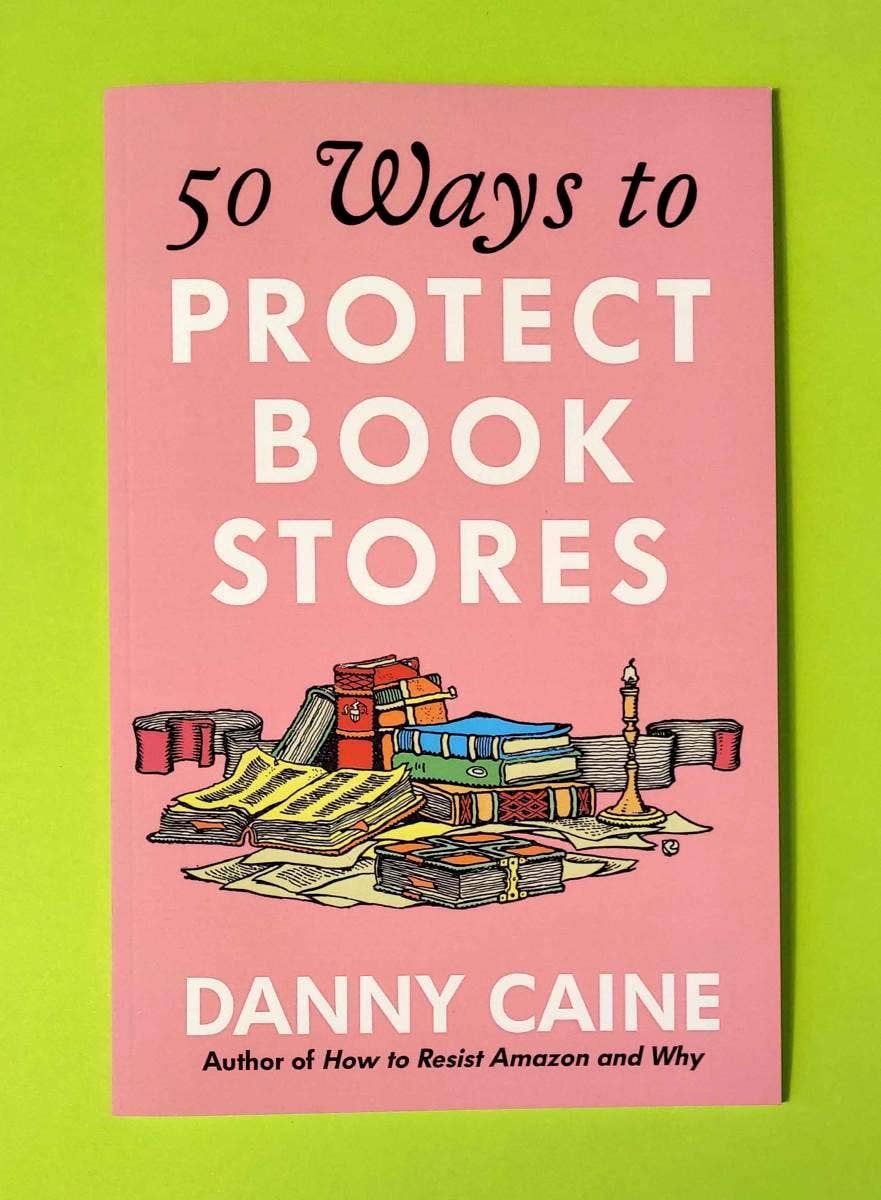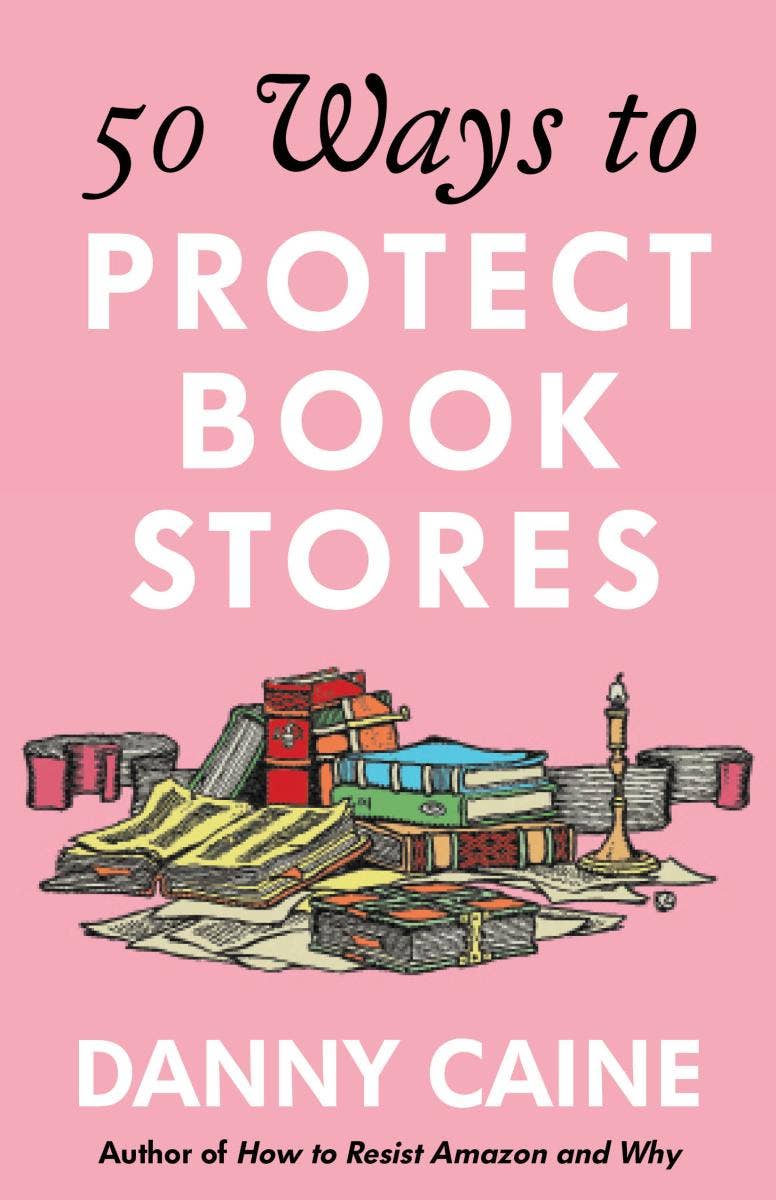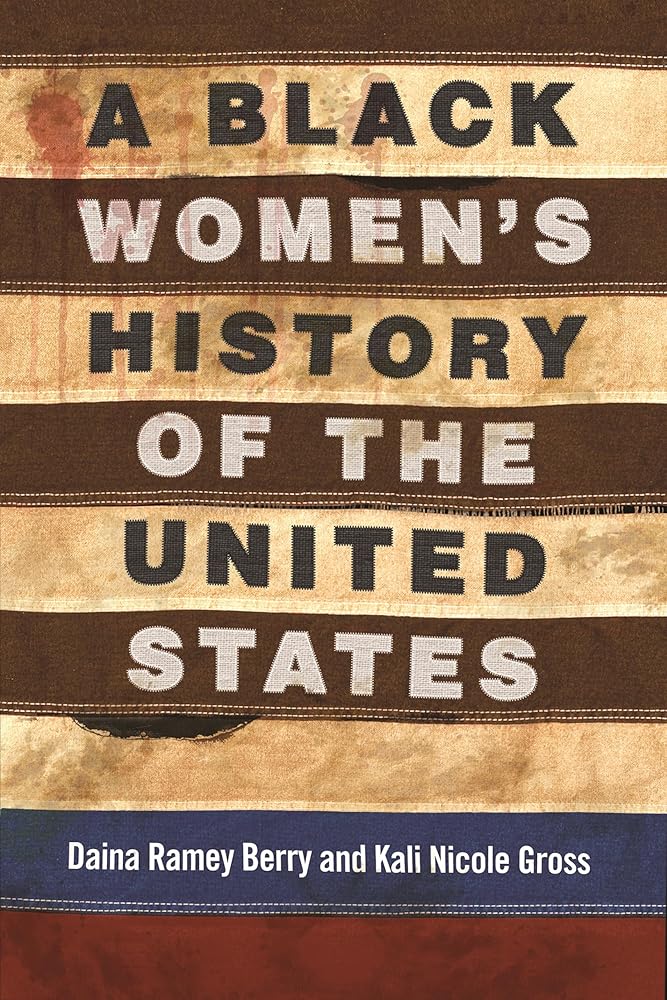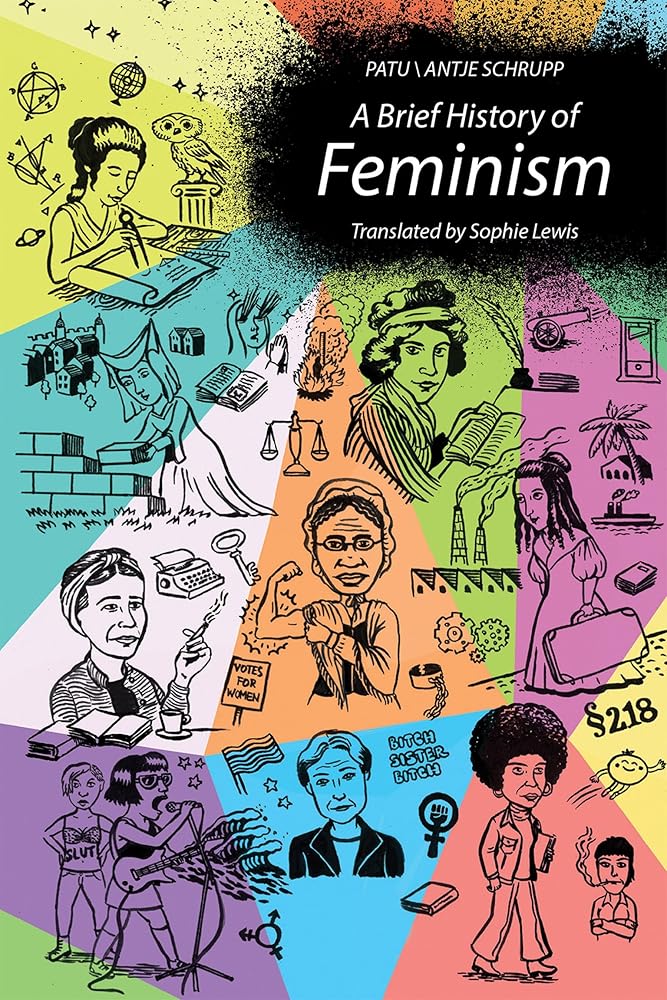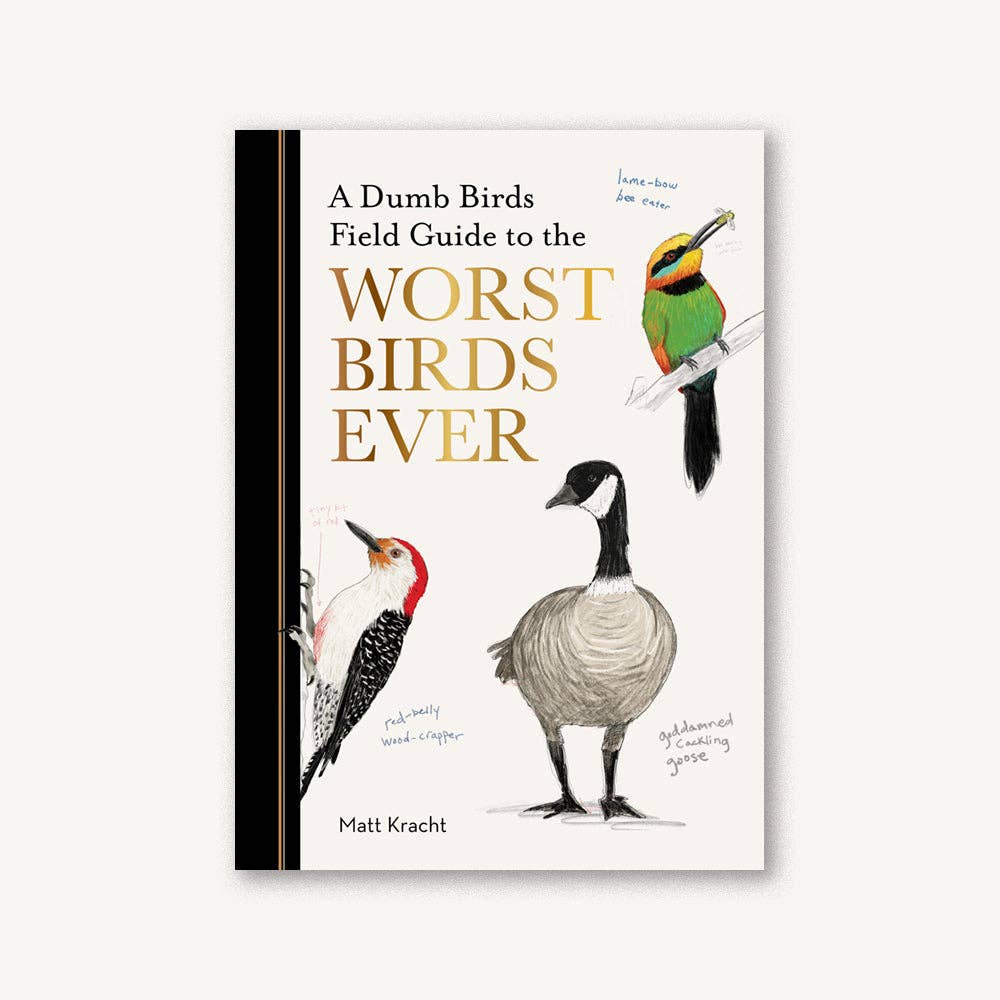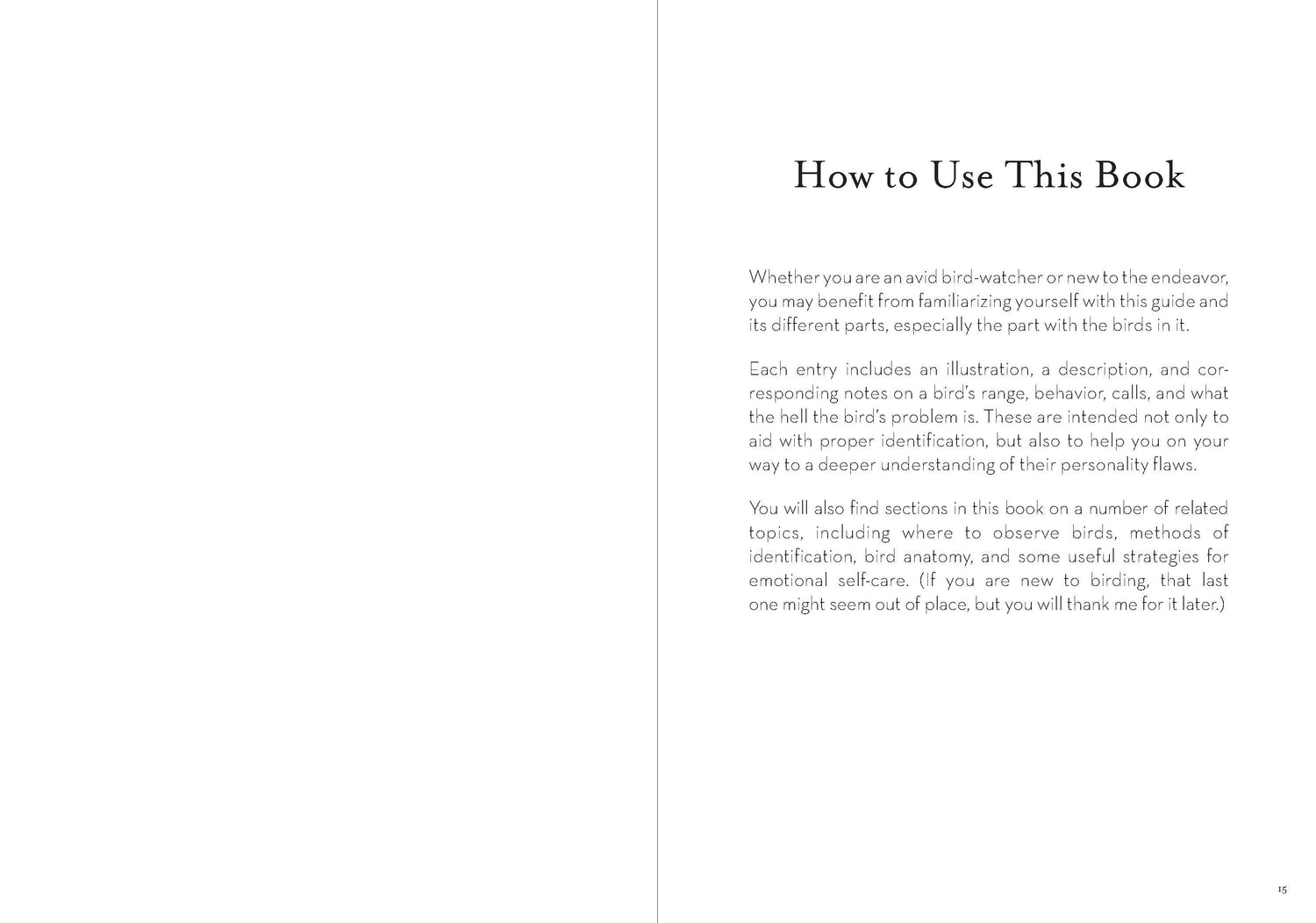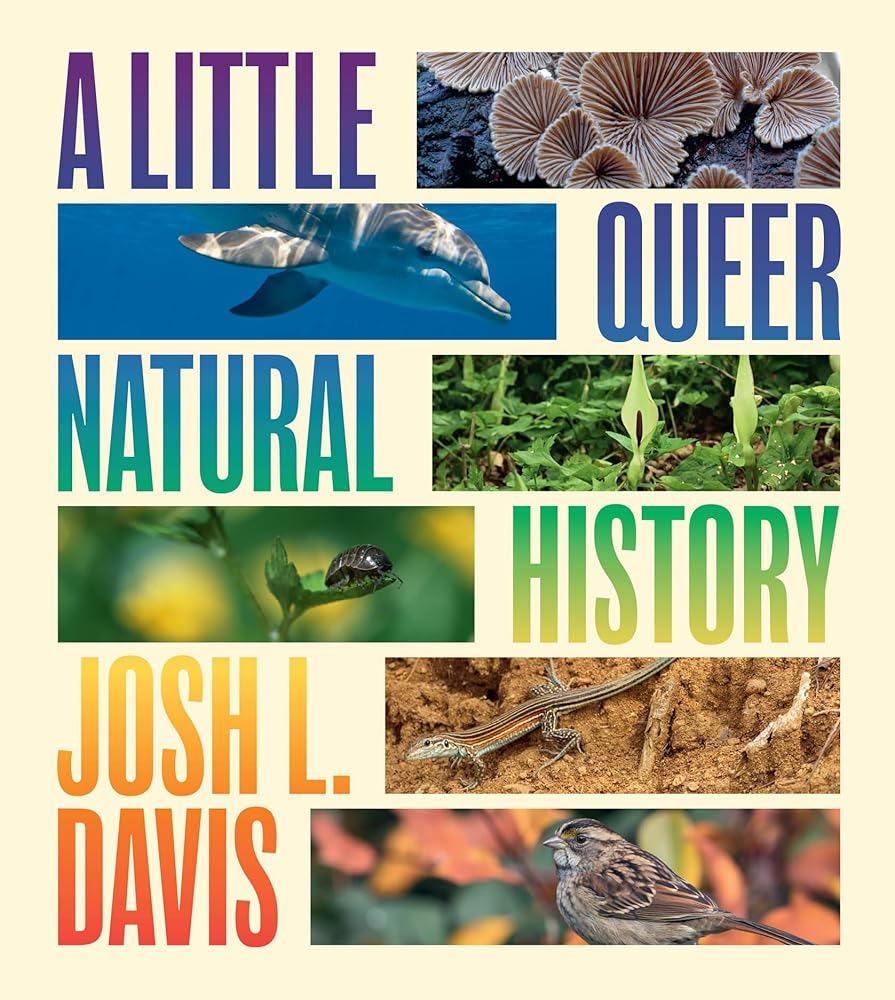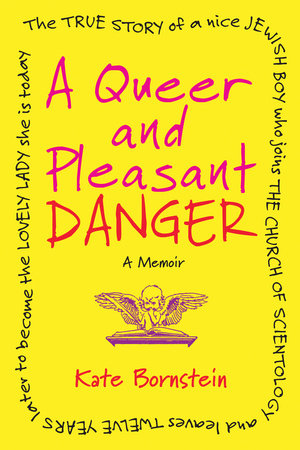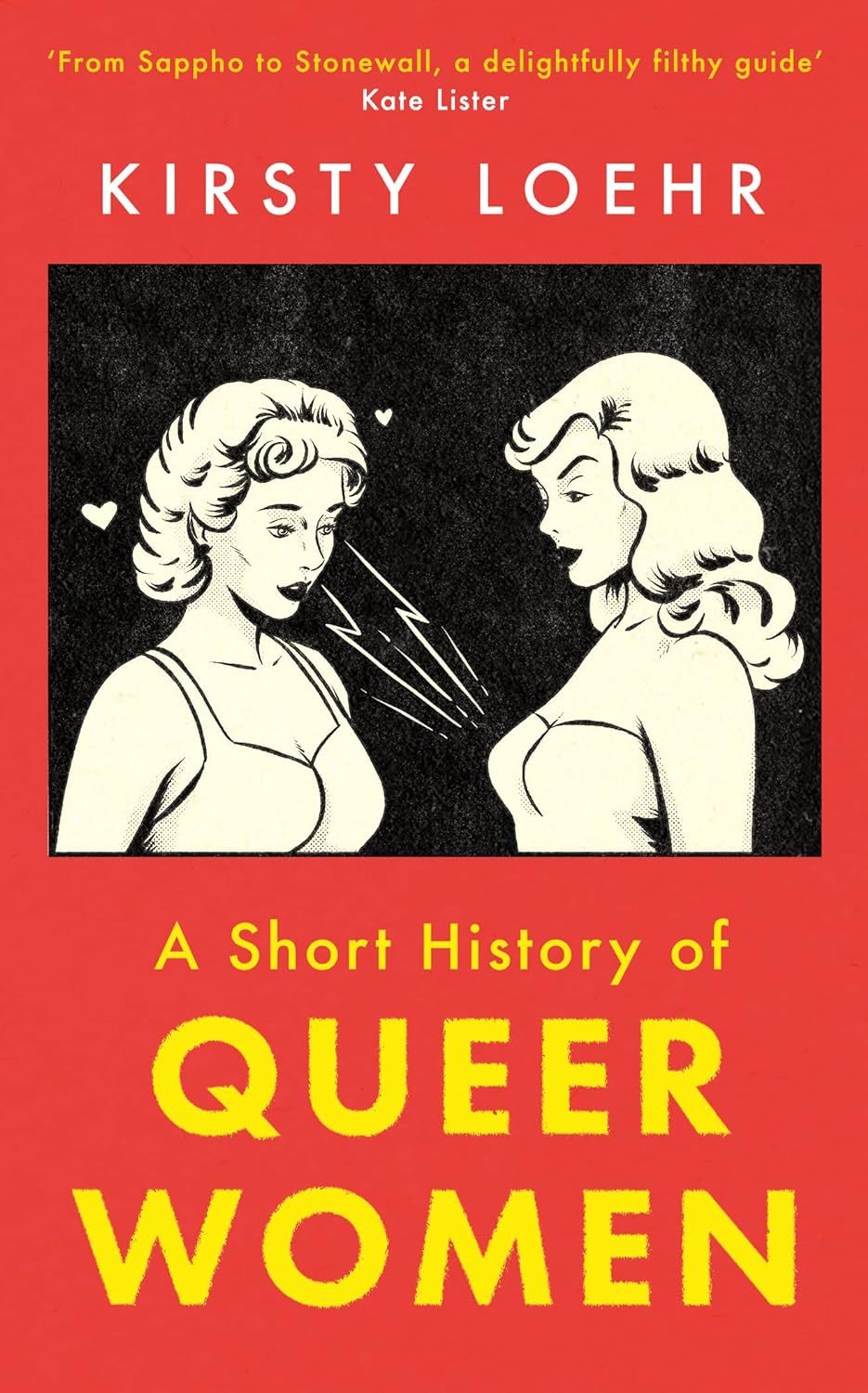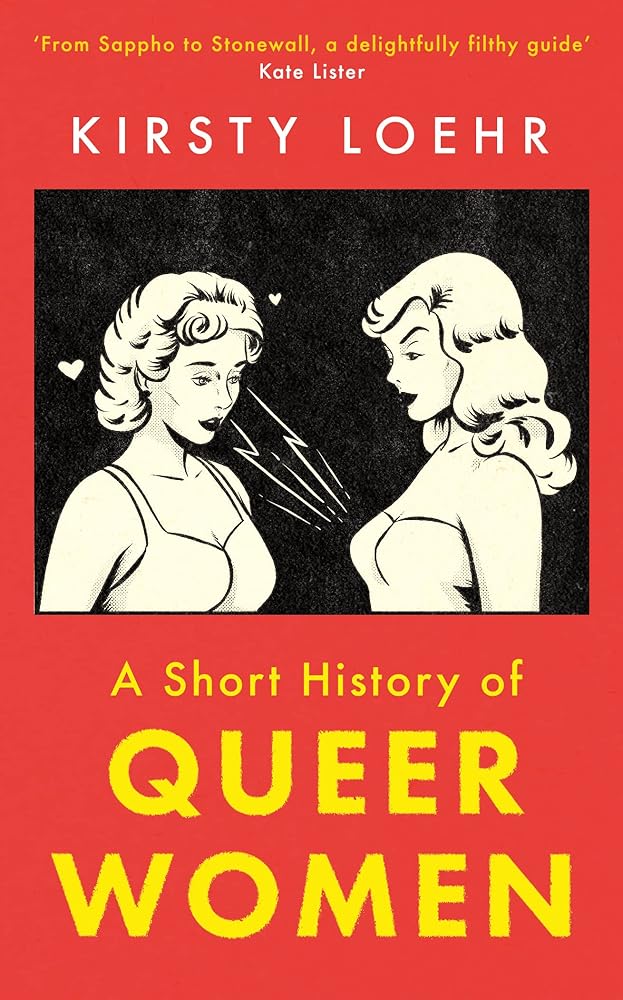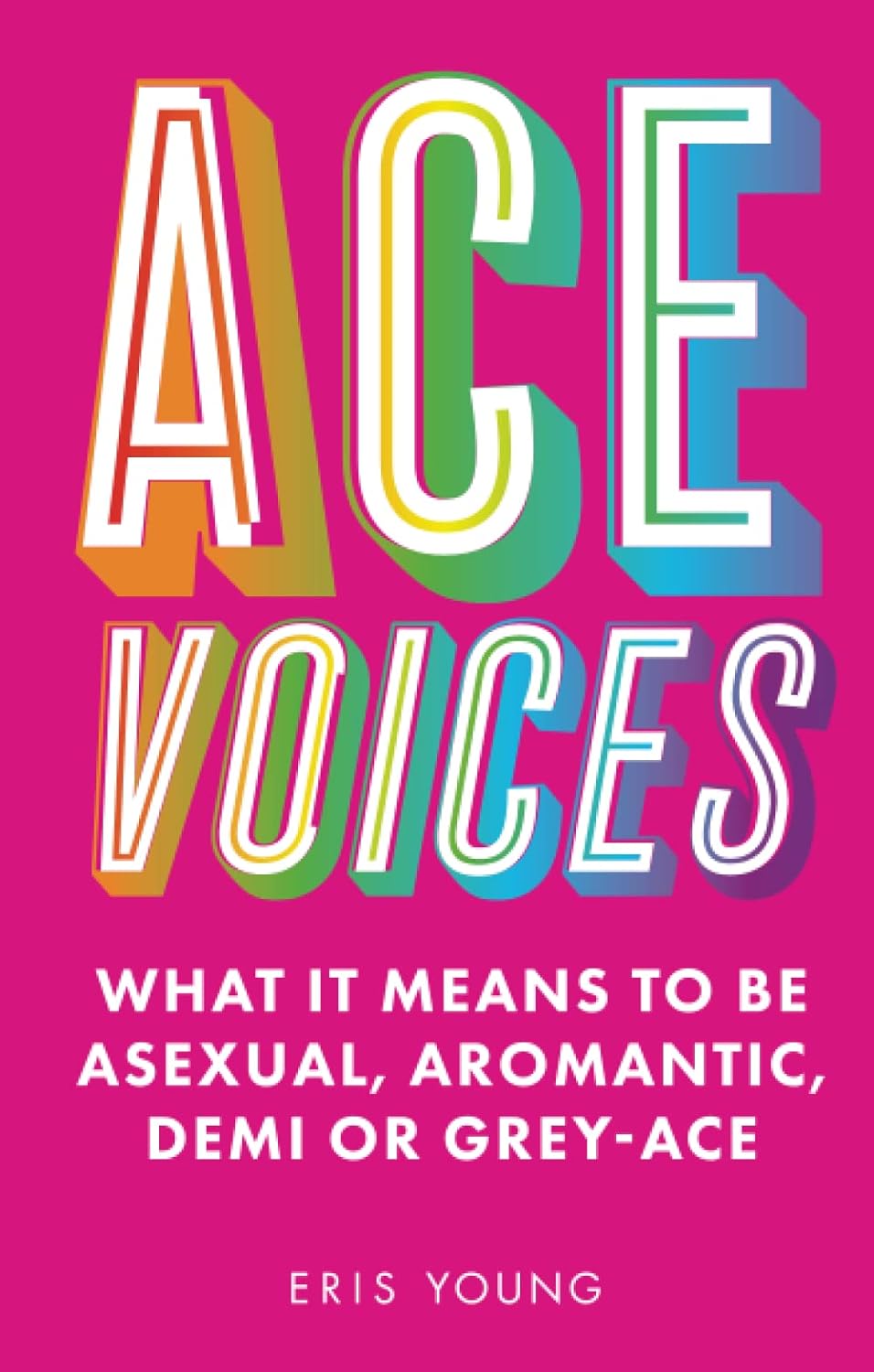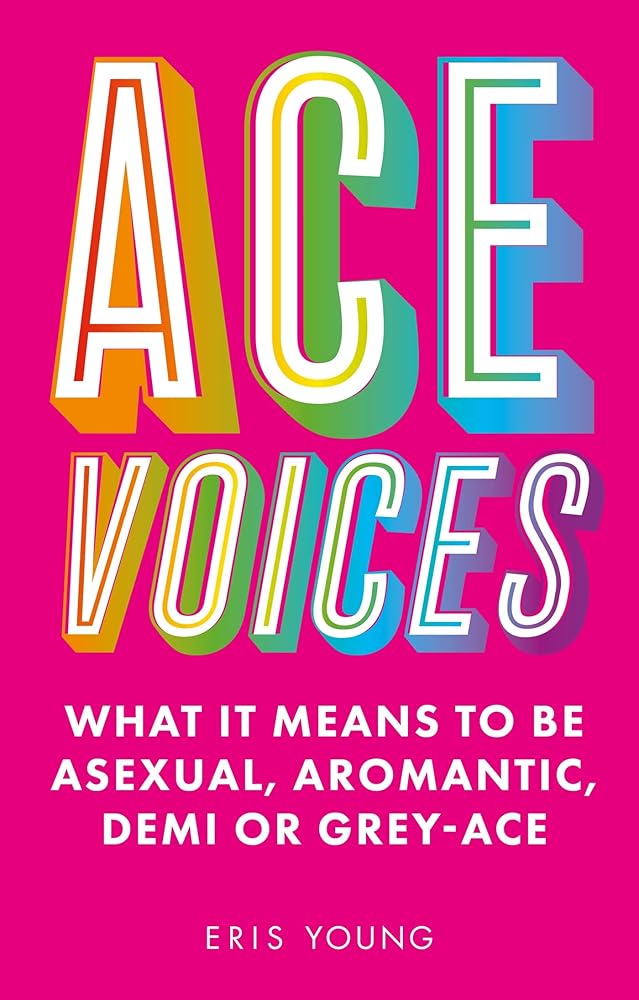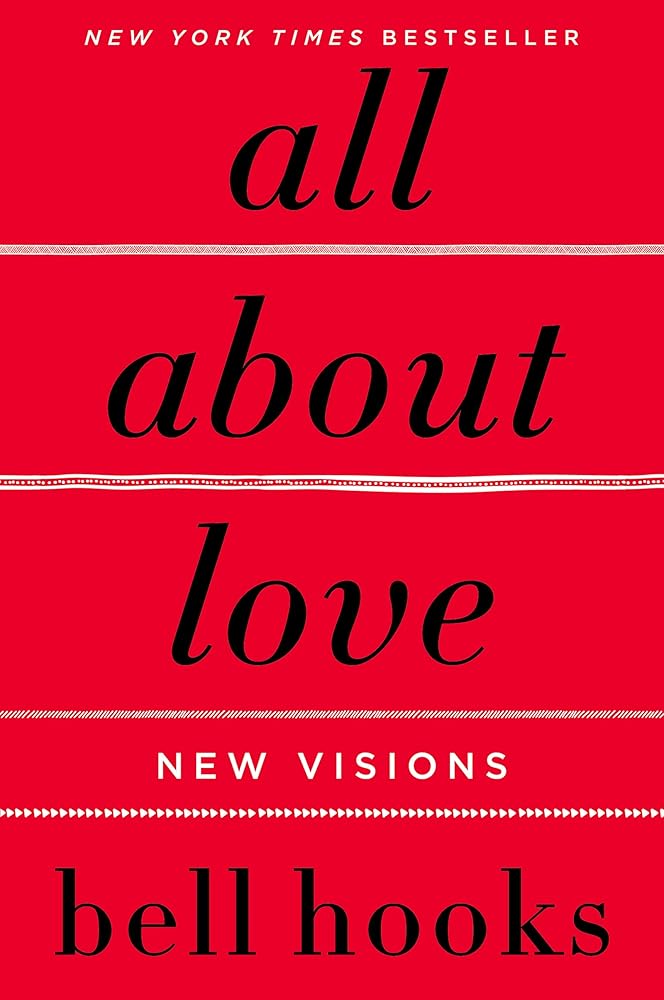Sort by:
334 products
334 products
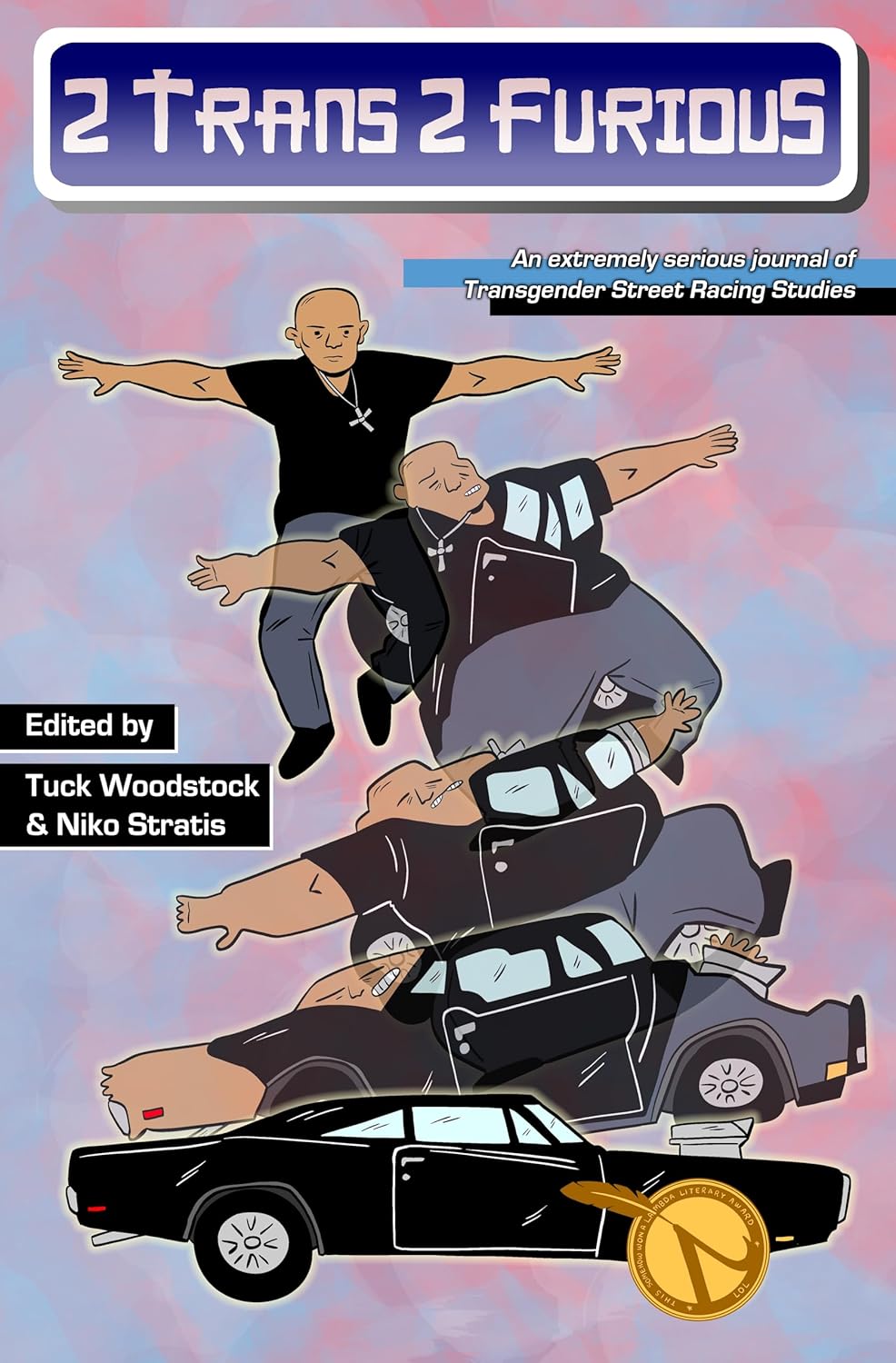

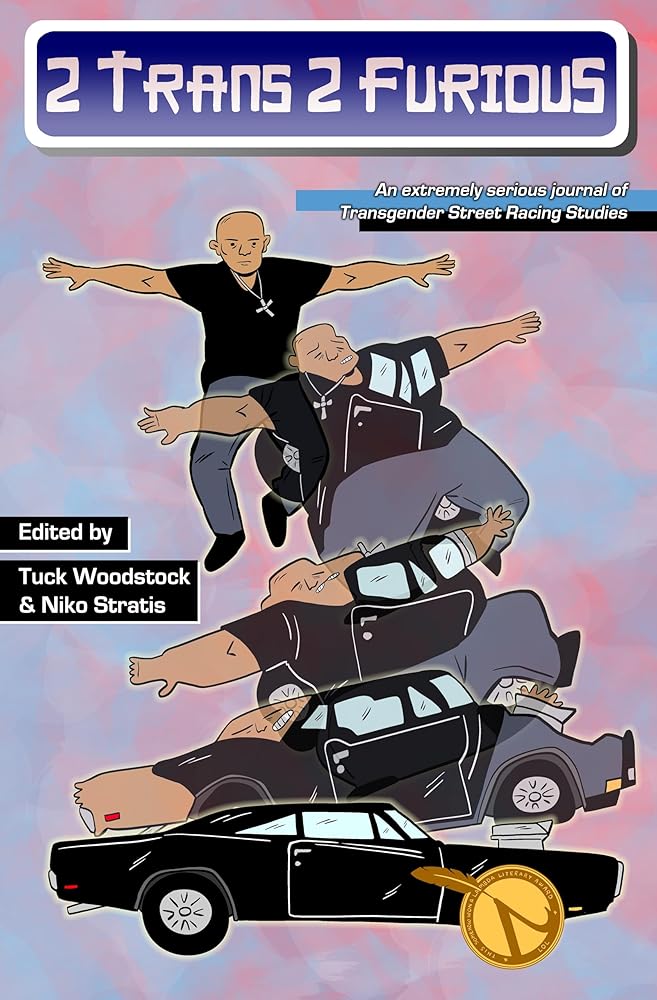
2 Trans 2 Furious: An Extremely Serious Journal of Transgender Street Racing Studies
$19.00
Unit price per2 Trans 2 Furious: An Extremely Serious Journal of Transgender Street Racing Studies
$19.00
Unit price perLambda Literary Award winner for Best LBTQ+ Anthology
More than forty trans writers and artists have joined forces to explore the deeper meanings of the Fast & Furious franchise (and also gender). There's really no way to know why this exists, but it does, and you can own it! Suitable for F&F fans and newcomers alike.
Includes:
- A new short story by Manhunt author Gretchen Felker-Martin
- A demolition derby driver’s perspective on 2 Fast 2 Furious’s derby scene
- An essay contemplating the queer symbolism of Cipher’s bowl cut
- The scoop on the franchise’s only canonically nonbinary character - Instructions for an F&F-themed tabletop role-playing game - A contemplation of which Taylor Swift album represents each F&F character
Plus: Bingo cards! Comics! Haiku! And, of course, hot gay erotica…
2 Trans 2 Furious is edited by Tuck Woodstock and Niko Stratis, with cover art by Mattie Lubchansky and zine design by Shay Mirk.
Zine. Bookstores are important. So are booksellers. And they—and the ideas and communities they serve—need protection. Danny Caine, the best-selling author of How to Resist Amazon and Why and co-owner of the Raven Book Store in Lawrence, Kansas, writes a stirring call to action. Bookstores are not charities, he writes, and they shouldn't get a pass on exploitative labor practices, but they play a vital role in our society that is worth upholding. Preparing the ground for a more expansive book on the topic, Caine offers 50 ideas for protecting this idiosyncratic business niche and, by extension, the neighborhoods that bookstores anchor. Readers, publishers, politicians, workers, union organizers, and landlords can all find tailor-made calls to action in these pages. Especially now, with freedom of speech under attack from the right, it's time for us to protect books and those who sell them.
The first-ever Black history to center queer voices, this landmark study traces the lives of LGBTQ+ Black Americans from slavery to present day
Gender and sexual expression have always been part of the Black freedom struggle
In this latest book in Beacon’s award-winning ReVisioning History series, Professors C. Riley Snorton and Darius Bost unearth the often overlooked history of the Black queer community in the United States.
Arguing that both gender and sexual expression have been an intimate and intricate part of Black freedom struggle, Snorton and Bost present historical contributions of Black queer, trans, and gender non-conforming Americans from slavery to the present day to highlight how the fight against racial injustice has always been linked to that of sexual and gender justice.
Interweaving stories of queer and trans figures such as:
* Private William Cathay/Cathay Williams, born female but enlisted in the Army as a man in the mid-1860s
* Josephine Baker, internationally known dancer and entertainer of the early 20th century who was also openly bisexual
* Bayard Rustin, prominent Civil Rights activist whose well known homosexuality was viewed as a potential threat to the movement
* Amanda Milan, a black trans woman whose murder in 2000 unified the trans people of color community,
this book includes a deep dive into the marginalization, unjust criminalization, and government legislation of Black queer and trans existence. It also shows how Black Americans have played an integral role in the modern LGBTQ rights movement, countering narratives that have predominantly focused on white Americans.
Through storytelling and other narratives, Snorton and Bost show how the Black queer community has always existed, regardless of the attempts to stamp it out, and how those in it continue to fight for their rightful place in the world.
The award-winning Revisioning American History series continues with this “groundbreaking new history of Black women in the United States” (Ibram X. Kendi)—the perfect companion to An Indigenous People’s History of the United States and An African American and Latinx History of the United States.
An empowering and intersectional history that centers the stories of African American women across 400+ years, showing how they are—and have always been—instrumental in shaping our country.
In centering Black women’s stories, two award-winning historians seek both to empower African American women and to show their allies that Black women’s unique ability to make their own communities while combatting centuries of oppression is an essential component in our continued resistance to systemic racism and sexism. Daina Ramey Berry and Kali Nicole Gross offer an examination and celebration of Black womanhood, beginning with the first African women who arrived in what became the United States to African American women of today.
A Black Women’s History of the United States reaches far beyond a single narrative to showcase Black women’s lives in all their fraught complexities. Berry and Gross prioritize many voices: enslaved women, freedwomen, religious leaders, artists, queer women, activists, and women who lived outside the law. The result is a starting point for exploring Black women’s history and a testament to the beauty, richness, rhythm, tragedy, heartbreak, rage, and enduring love that abounds in the spirit of Black women in communities throughout the nation.
An engaging illustrated history of feminism from antiquity through third-wave feminism, featuring Sappho, Mary Magdalene, Mary Wollstonecraft, Sojourner Truth, Simone de Beauvoir, and many others.
The history of feminism? The right to vote, Susan B. Anthony, Gloria Steinem, white pantsuits? Oh, but there's so much more. And we need to know about it, especially now. In pithy text and pithier comics, A Brief History of Feminism engages us, educates us, makes us laugh, and makes us angry. It begins with antiquity and the early days of Judeo-Christianity. (Mary Magdalene questions the maleness of Jesus's inner circle: “People will end up getting the notion you don't want women to be priests.” Jesus: “Really, Mary, do you always have to be so negative?”) It continues through the Middle Ages, the Early Modern period, and the Enlightenment (“Liberty, equality, fraternity!” “But fraternity means brotherhood!”). It covers the beginnings of an organized women's movement in the nineteenth century, second-wave Feminism, queer feminism, and third-wave Feminism.
Along the way, we learn about important figures: Olympe de Gouges, author of the “Declaration of the Rights of Woman and the Female Citizen” (guillotined by Robespierre); Flora Tristan, who linked the oppression of women and the oppression of the proletariat before Marx and Engels set pen to paper; and the poet Audre Lorde, who pointed to the racial obliviousness of mainstream feminism in the 1970s and 1980s. We learn about bourgeois and working-class issues, and the angry racism of some American feminists when black men got the vote before women did. We see God as a long-bearded old man emerging from a cloud (and once, as a woman with her hair in curlers). And we learn the story so far of a history that is still being written.
Professional birding amateur and national bestselling author Matt Kracht has had it with these goddamn birds. His new book is a warning, a field guide to help you identify and stay away from the absolute worst birds ever to plague planet Earth. Featuring an all-new scientific scale devised by the author that proves how awful birds really are.
We can all agree—birds are terrible. They're stupid and won't shut up.
Featuring fifty of the absolute worst birds to fly the earth, Kracht identifies each of their most terrible qualities, details exactly why they suck, and shows you why with furious (but actually quite lovely) full-color drawings. Including all-new, all-worst fowl, such as:
* The absolute waste of feathers Cruddy Turdstone (Ruddy Turnstone)
* The utter a-hole Blank Staring-Eyes Flycrapper (Black Paradise Flycatcher)
* The outright loser Dowdy Woodfucker (Downy Woodpecker)
* And many more
Even the author's previous bird takedown guides are no preparation for this hilariously harrowing collection of squawking, conceited, trash-eating, and even murderous idiots. The horror. The horror . . .
LOVE BIRDS? HATE BIRDS?: For those who hate birds and for bird lovers everywhere with a sense of humor, this illustrated handbook is equal parts profane and funny, and—let's face it—true.
BESTSELLING AUTHOR: Matt Kracht is the author of the bestselling Field Guide to Dumb Birds series, including The Field Guide to Dumb Birds of North America, The Field Guide to Dumb Birds of the Whole Stupid World, and The Big Dumb Bird Journal, and (in a startling turn of enthusiasm) OMFG, BEES!
ENTERTAINING AND EDUCATIONAL: This uproarious guide to all things wings includes migratory maps, tips for bird identification, musings on the avian population and classification, and more. Plus, each entry is accompanied by facts about a bird's (annoying) call, its (dumb) migratory pattern, its (downright tacky) markings, and more.
TRULY THE WORST BIRDS---A MUST-HAVE GUIDE: Even if you're familiar with the winged disasters from Matt's previous guidebook/warnings, buckle up. From the introduction:
"Birds are TERRIBLE. I have spent years, YEARS, of my life studying birds. Watching them. Analyzing their behaviors. Determining their ‘contributions’ to the world. I am an expert, so believe me when I tell you this: Birds are horrible people. And the birds included in THIS book are, by far, the worst of the lot. Of all the shit-eating birds that I’ve had the misfortune to catalog over the course of my career as a scientist and professional bird critic, THESE birds take the absolute SHIT-CAKE!"
GREAT GIFT FOR BIRD LOVERS: Pair with The Field Guide to Dumb Birds Sticker Book to create the perfect present for full-on bird experts and amateur birders alike.
Perfect for:
* Birdwatching and nature enthusiasts
* People who think birds are creepy or annoying (and people who love birds but also enjoy a good laugh)
* Anyone looking for the ultimate coffee table book or bar-top conversation starter
* Gift givers seeking a fun, quirky gift for their favorite bird enthusiast or animal lover
Beautifully illustrated and scientifically informed, a celebration of the astonishing diversity of sexual behavior and biology found in nature.
From a pair of male swans raising young to splitgill mushrooms with over 23,000 mating types, sex in the natural world is wonderfully diverse. Josh L. Davis considers how, for many different organisms—animals, plants, and fungi included—sexual reproduction and sex determination rely on a surprisingly complex interaction among genes, hormones, environment, and chance. As Davis introduces us to fascinating biological concepts like parthenogenesis (virgin birth), monoecious plants (individuals with separate male and female flowers), and sex-reversed genitals, we see turtle hatchlings whose sex is determined by egg temperature; butterflies that embody male and female biological tissue in the same organism; and a tomato that can reproduce three different ways at the same time. Davis also reveals animal and plant behaviors in nature that researchers have historically covered up or explained away, like queer sex among Adélie penguins or bottlenose dolphins, and presents animal behaviors that challenge us to rethink our assumptions and prejudices. Featuring fabulous sex-fluid fishes and ant, wasp, and bee queens who can choose both how they want to have sex and the sex of their offspring, A Little Queer Natural History offers a larger lesson: that the diversity we see in our own species needs no justification and represents just a fraction of what exists in the natural world.
A “riveting” and “indispensable” (Alison Bechdel) cultural history of queer women’s lives in the second half of the twentieth century, told through six iconic spaces
For as long as queer women have existed, they’ve created gathering grounds where they can be themselves. From the intimate darkness of the lesbian bar to the sweaty camaraderie of the softball field, these spaces aren’t a luxury—they’re a necessity for queer women defining their identities. In A Place of Our Own, journalist June Thomas invites readers into six iconic lesbian spaces over the course of the last sixty years, including the rural commune, the sex toy boutique, the vacation spot, and the feminist bookstore.
Thomas blends her own experiences with archival research and rare interviews with pioneering figures like Elaine Romagnoli, Susie Bright, and Jacqueline Woodson. She richly illustrates the lives of the business owners, entrepreneurs, activists, and dreamers who shaped the long struggle for queer liberation. Thomas illuminates what is gained and lost in the shift from the exclusive, tight-knit women’s spaces of the ’70s toward today’s more inclusive yet more diffuse LGBTQ+ communities.
At once a love letter, a time capsule, and a bridge between generations of queer women, A Place of Our Own brings the history—and timeless present—of the lesbian community to vivid life.
By: Kate Bornstein, 2013, Paperback
In the early 1970s, a boy from a Conservative Jewish family joined the Church of Scientology. In 1981, that boy officially left the movement and ultimately transitioned into a woman. A few years later, she stopped calling herself a woman—and became a famous gender outlaw.
Gender theorist, performance artist, and author Kate Bornstein is set to change lives with her stunningly original memoir. Wickedly funny and disarmingly honest, this is Bornstein's most intimate book yet, encompassing her early childhood and adolescence, college at Brown, a life in the theater, three marriages and fatherhood, the Scientology hierarchy, transsexual life, LGBTQ politics, and life on the road as a sought-after speaker.
Queer women have always existed – let’s put them back in the history books
No, they weren’t ‘just friends’!
Queer women have been written out of history since, well, forever. ‘But historians famously care about women!’, said no one. From Anne Bonny and Mary Read who sailed the seas together disguised as pirates, to US football captain Megan Rapinoe declaring ‘You can’t win a championship without gays on your team’, via countless literary salons and tuxedos, A Short History of Queer Women sets the record straight on women who have loved other women through the ages.
Who says lesbians can’t be funny?
An indispensable guide to understanding the Israel–Palestine conflict, and how we might yet still find a way out of it.
'Ilan Pappe is the most original, radical and hard-hitting of Israel’s "new historians".' Avi Shlaim, author of Three Worlds
The devastation of 7 October 2023 and the horrors that followed astounded the world. But the Israel–Palestine conflict didn’t start on 7 October. It didn’t start in 1967 either, when Israel occupied the West Bank, or in 1948 when the state of Israel was declared. It started in 1882, when the first Zionist settlers arrived in what was then Ottoman Palestine. Ilan Pappe untangles the history of two peoples, now sharing one land. Going back to the founding fathers of Zionism, Pappe expertly takes us through the twists and turns of international policy towards Israel–Palestine, Palestinian resistance to occupation, and the changes taking place in Israel itself.
How do we experience attraction?
What does love mean to us?
When did you realise you were ace?
This is the ace community in their own words.
Drawing upon interviews with a wide range of people across the asexual spectrum, Eris Young is here to take you on an empowering, enriching journey through the rich multitudes of asexual life.
With chapters spanning everything from dating, relationships and sex, to mental and emotional health, family, community and joy, the inspirational stories and personal experiences within these pages speak to aces living and loving in unique ways. Find support amongst the diverse narratives of aces sex-repulsed and sex-favourable, alongside voices exploring what it means to be black and ace, to be queer and ace, or ace and multi-partnered - and use it as a springboard for your own ace growth.
Do you see a story like your own?
An engaging exploration of what it means to be asexual in a world that’s obsessed with sexual attraction, and what the ace perspective can teach all of us about desire and identity.
What exactly is sexual attraction and what is it like to go through life not experiencing it? What does asexuality reveal about gender roles, about romance and consent, and the pressures of society? This accessible examination of asexuality shows that the issues that aces face—confusion around sexual activity, the intersection of sexuality and identity, navigating different needs in relationships—are the same conflicts that nearly all of us will experience. Through a blend of reporting, cultural criticism, and memoir, Ace addresses the misconceptions around the “A” of LGBTQIA and invites everyone to rethink pleasure and intimacy.
Journalist Angela Chen creates her path to understanding her own asexuality with the perspectives of a diverse group of asexual people. Vulnerable and honest, these stories include a woman who had blood tests done because she was convinced that “not wanting sex” was a sign of serious illness, and a man who grew up in a religious household and did everything “right,” only to realize after marriage that his experience of sexuality had never been the same as that of others. Disabled aces, aces of color, gender-nonconforming aces, and aces who both do and don’t want romantic relationships all share their experiences navigating a society in which a lack of sexual attraction is considered abnormal. Chen’s careful cultural analysis explores how societal norms limit understanding of sex and relationships and celebrates the breadth of sexuality and queerness.
A powerful manifesto for a world without borders from two immigration policy experts and activists
Borders harm all of us: they must be abolished.
Borders divide workers and families, fuel racial division, and reinforce global disparities. They encourage the expansion of technologies of surveillance and control, which impact migrants and citizens both.
Bradley and de Noronha tell what should by now be a simple truth: borders are not only at the edges of national territory, in airports, or at border walls. Borders are everyday and everywhere; they follow people around and get between us, and disrupt our collective safety, freedom and flourishing.
Against Borders is a passionate manifesto for border abolition, arguing that we must transform society and our relationships to one another, and build a world in which everyone has the freedom to move and to stay.
A New York Times bestseller and enduring classic, All About Love is the acclaimed first volume in feminist icon bell hooks' "Love Song to the Nation" trilogy. All About Love reveals what causes a polarized society, and how to heal the divisions that cause suffering. Here is the truth about love, and inspiration to help us instill caring, compassion, and strength in our homes, schools, and workplaces.
“The word ‘love’ is most often defined as a noun, yet we would all love better if we used it as a verb,” writes bell hooks as she comes out fighting and on fire in All About Love. Here, at her most provocative and intensely personal, renowned scholar, cultural critic and feminist bell hooks offers a proactive new ethic for a society bereft with lovelessness--not the lack of romance, but the lack of care, compassion, and unity. People are divided, she declares, by society’s failure to provide a model for learning to love.
As bell hooks uses her incisive mind to explore the question “What is love?” her answers strike at both the mind and heart. Razing the cultural paradigm that the ideal love is infused with sex and desire, she provides a new path to love that is sacred, redemptive, and healing for individuals and for a nation. The Utne Reader declared bell hooks one of the “100 Visionaries Who Can Change Your Life.” All About Love is a powerful, timely affirmation of just how profoundly her revelations can change hearts and minds for the better.
